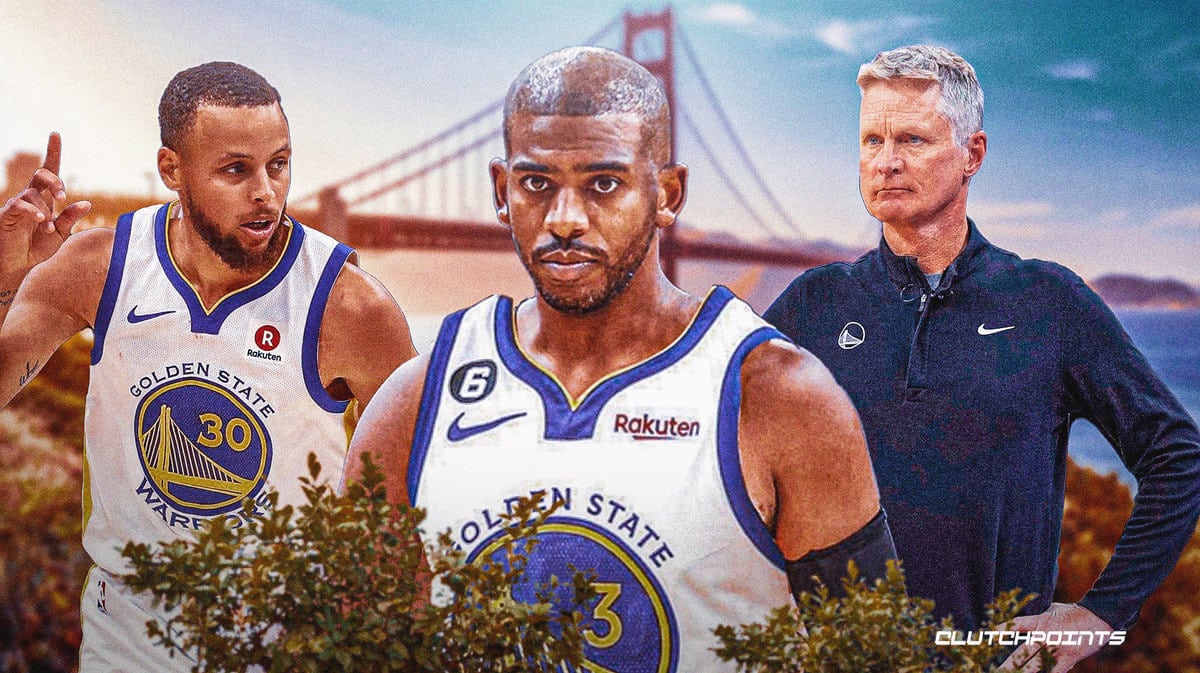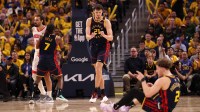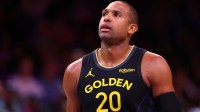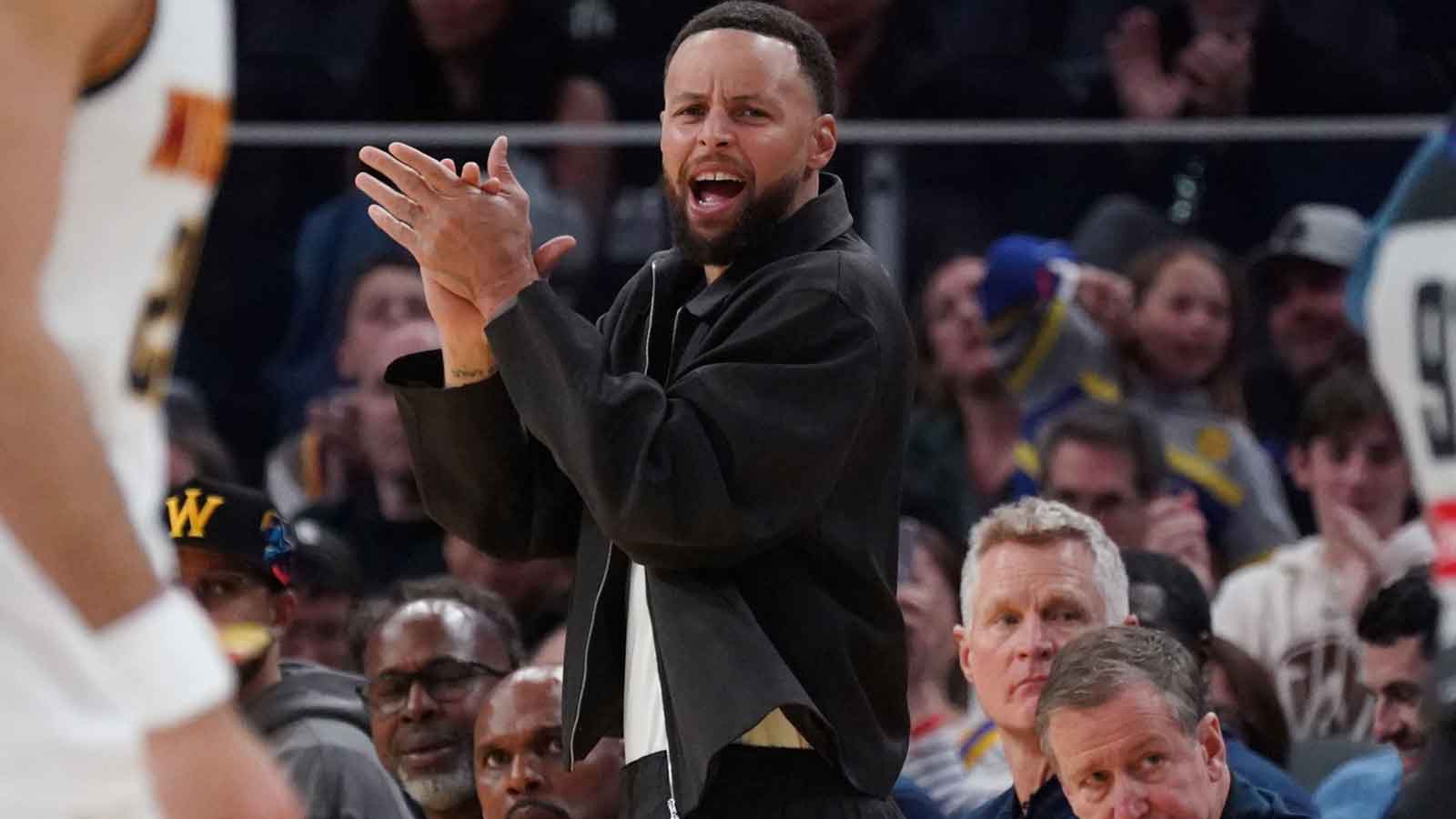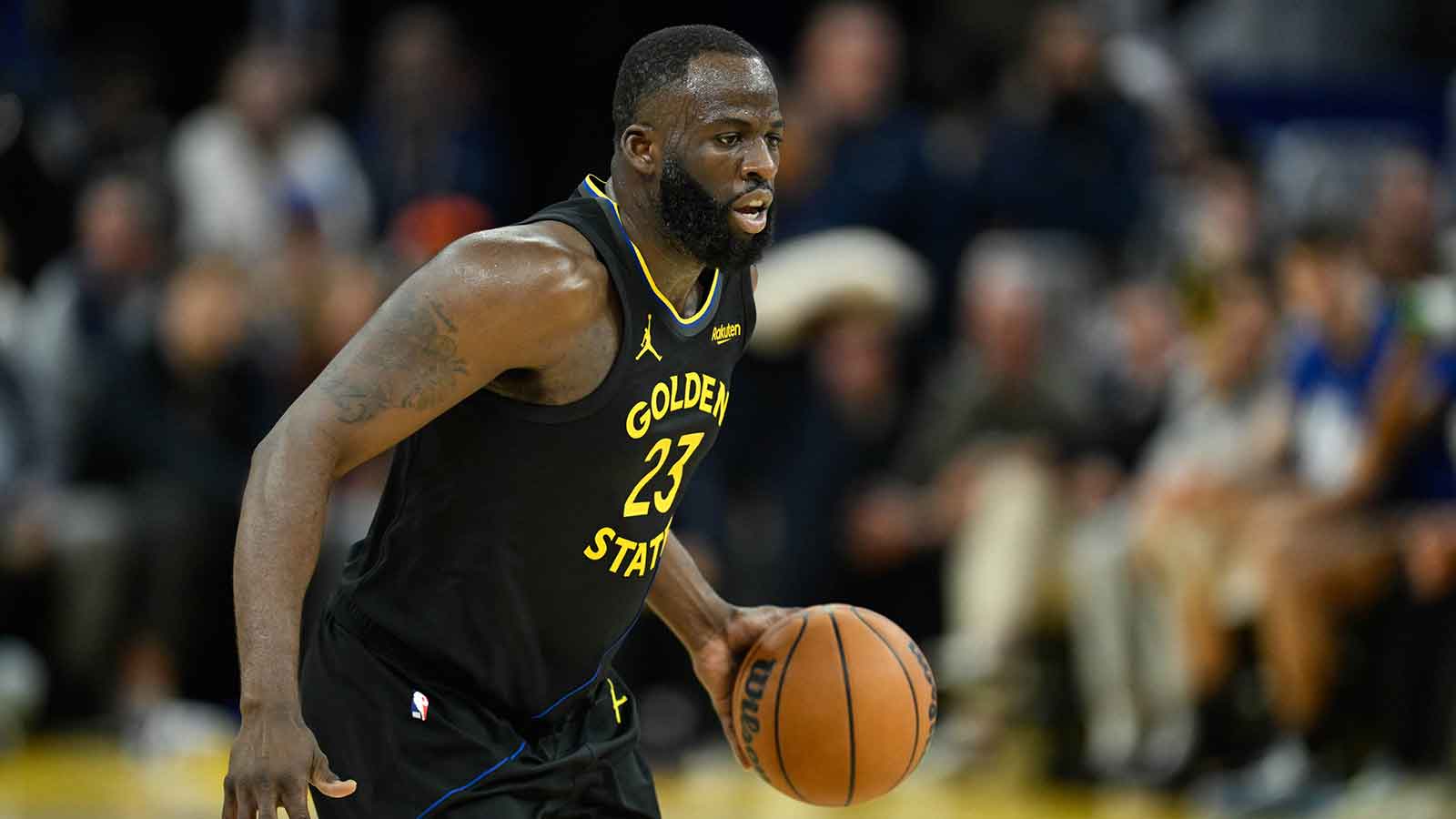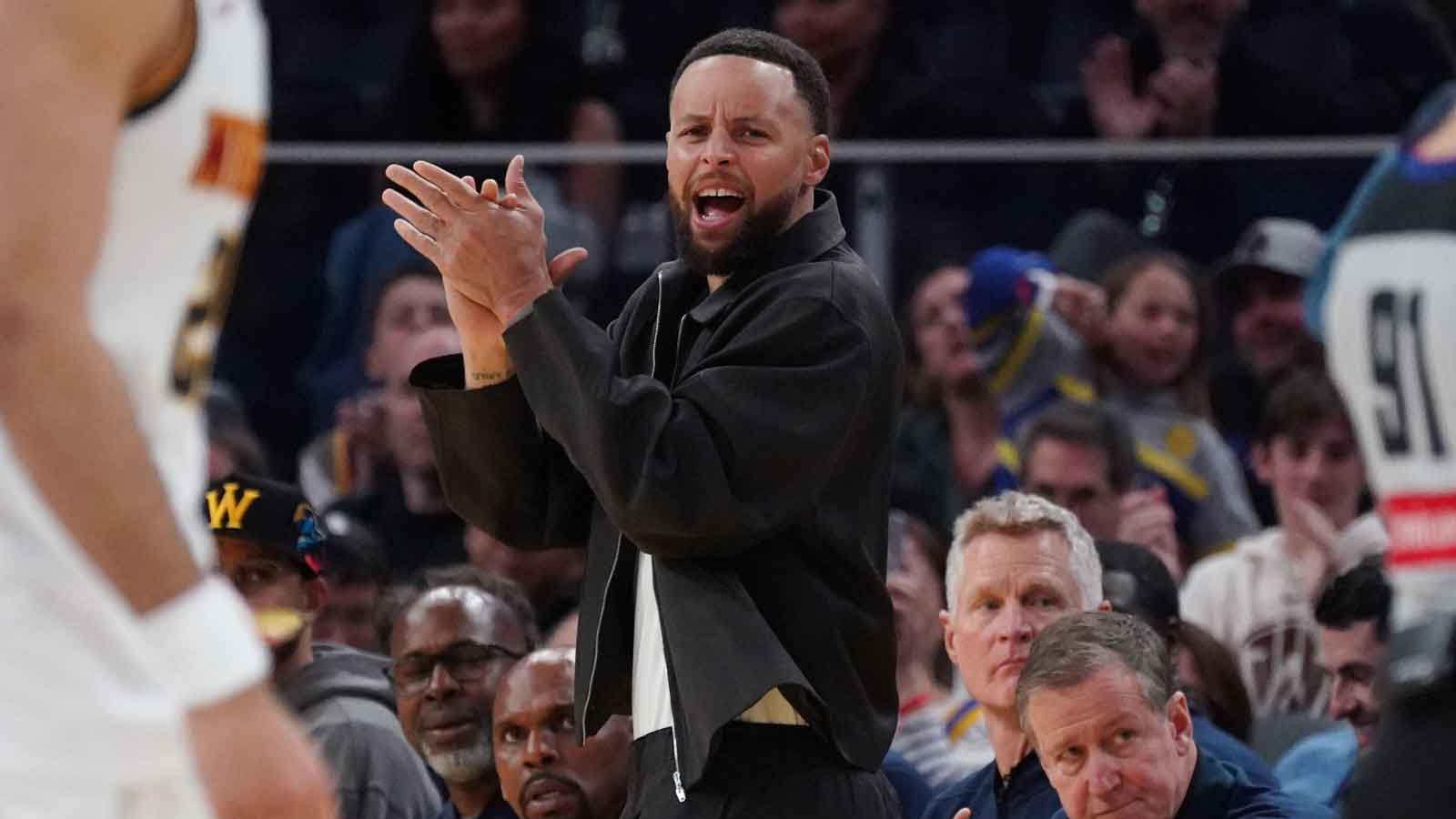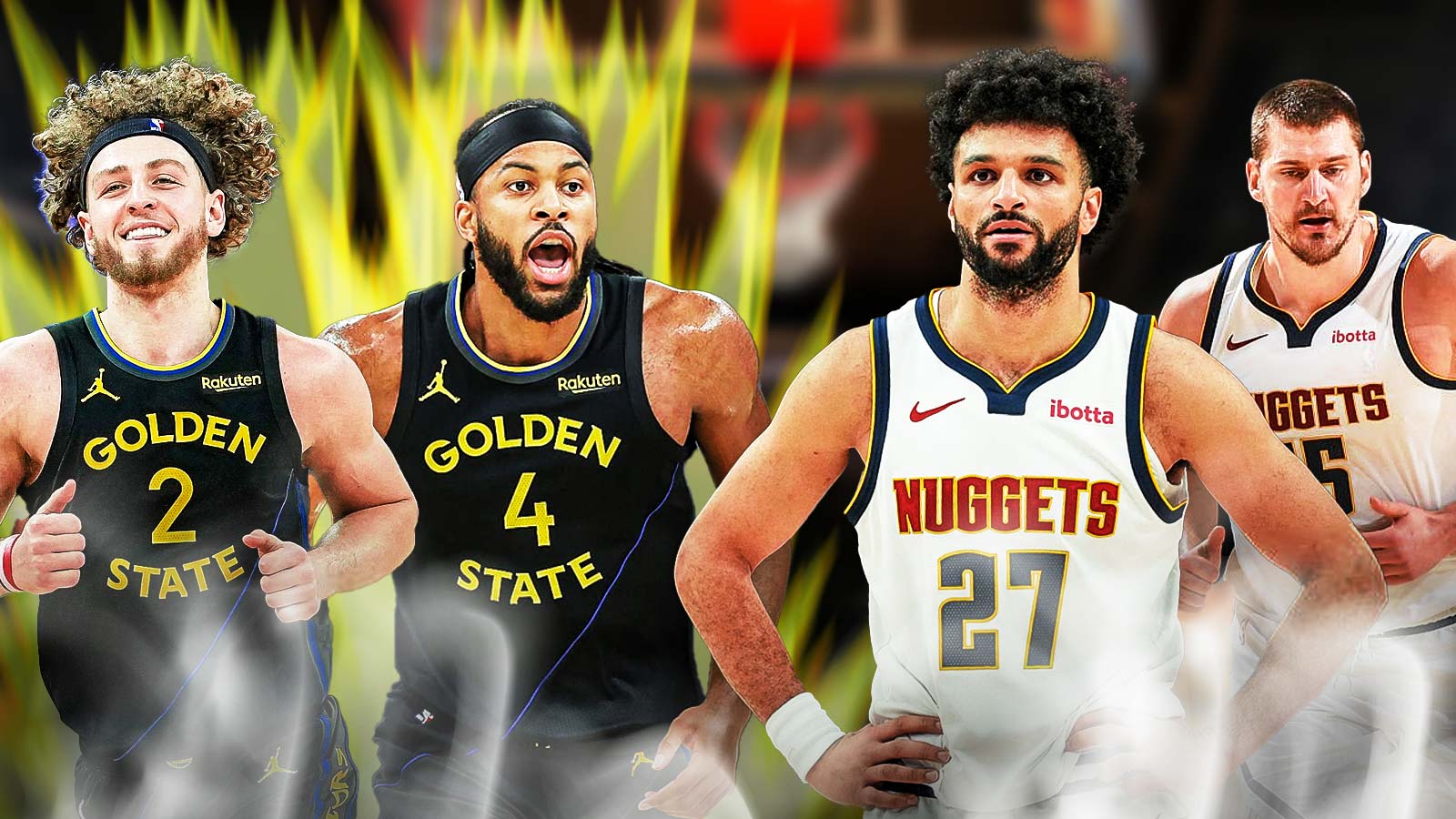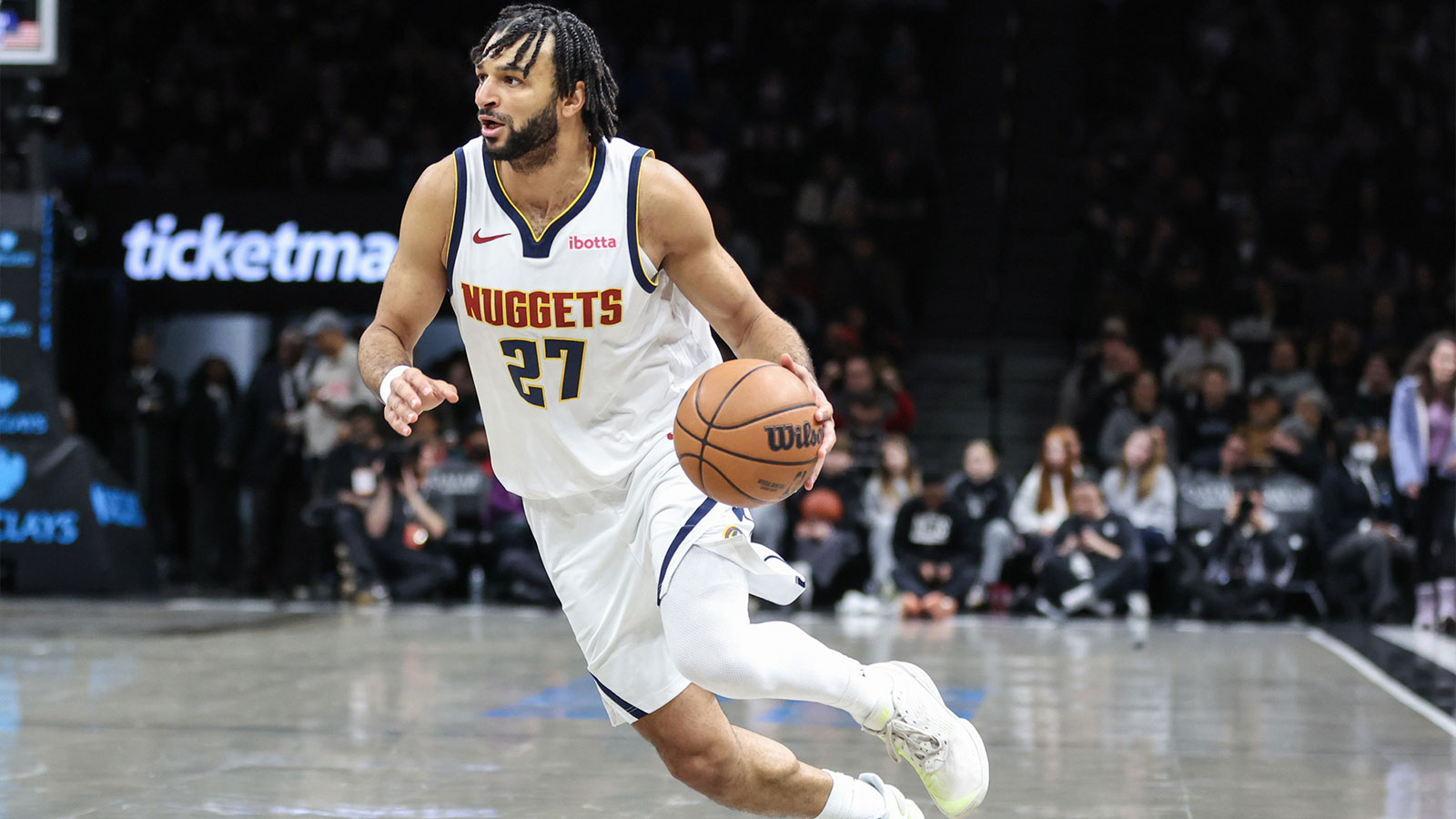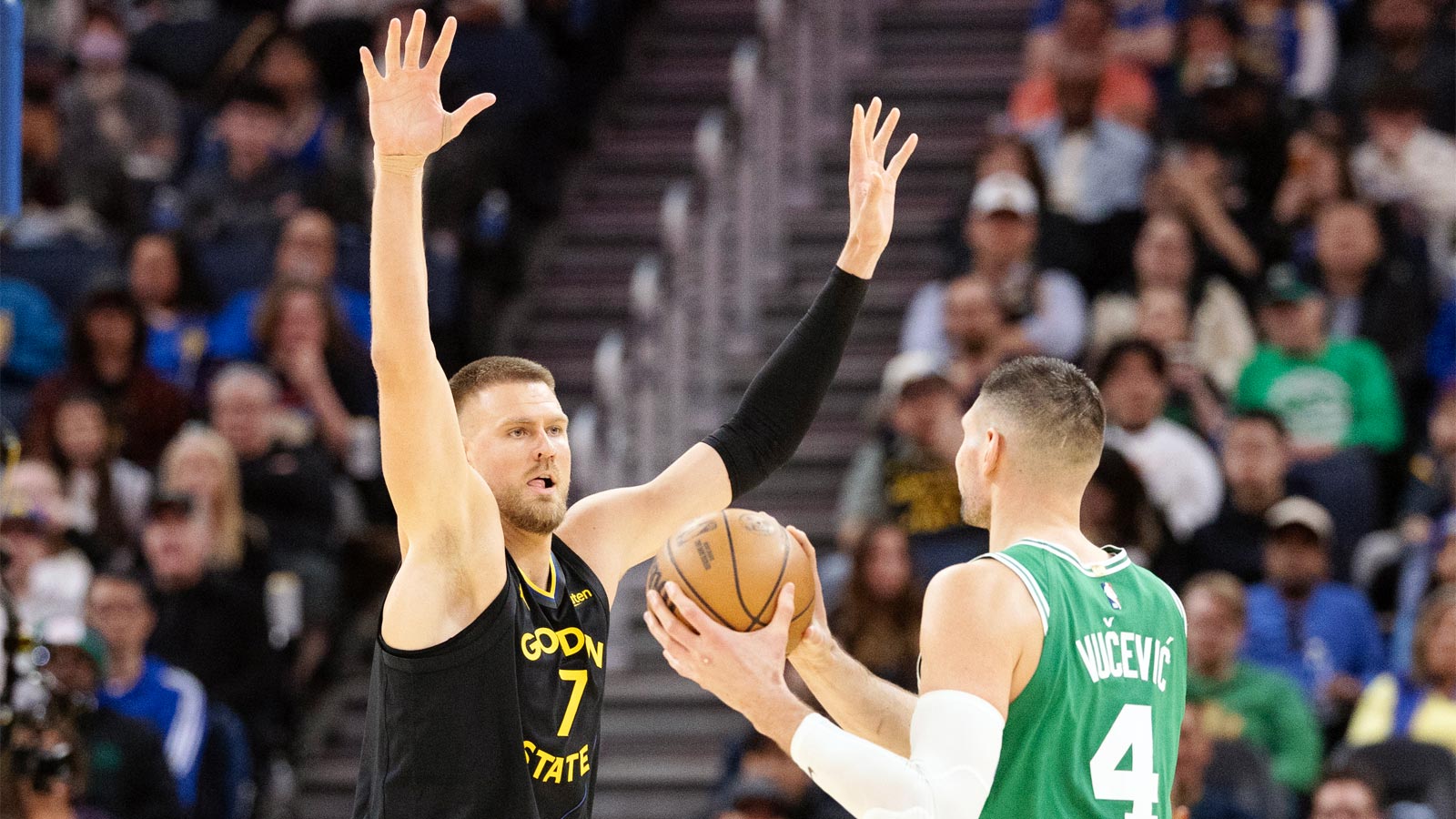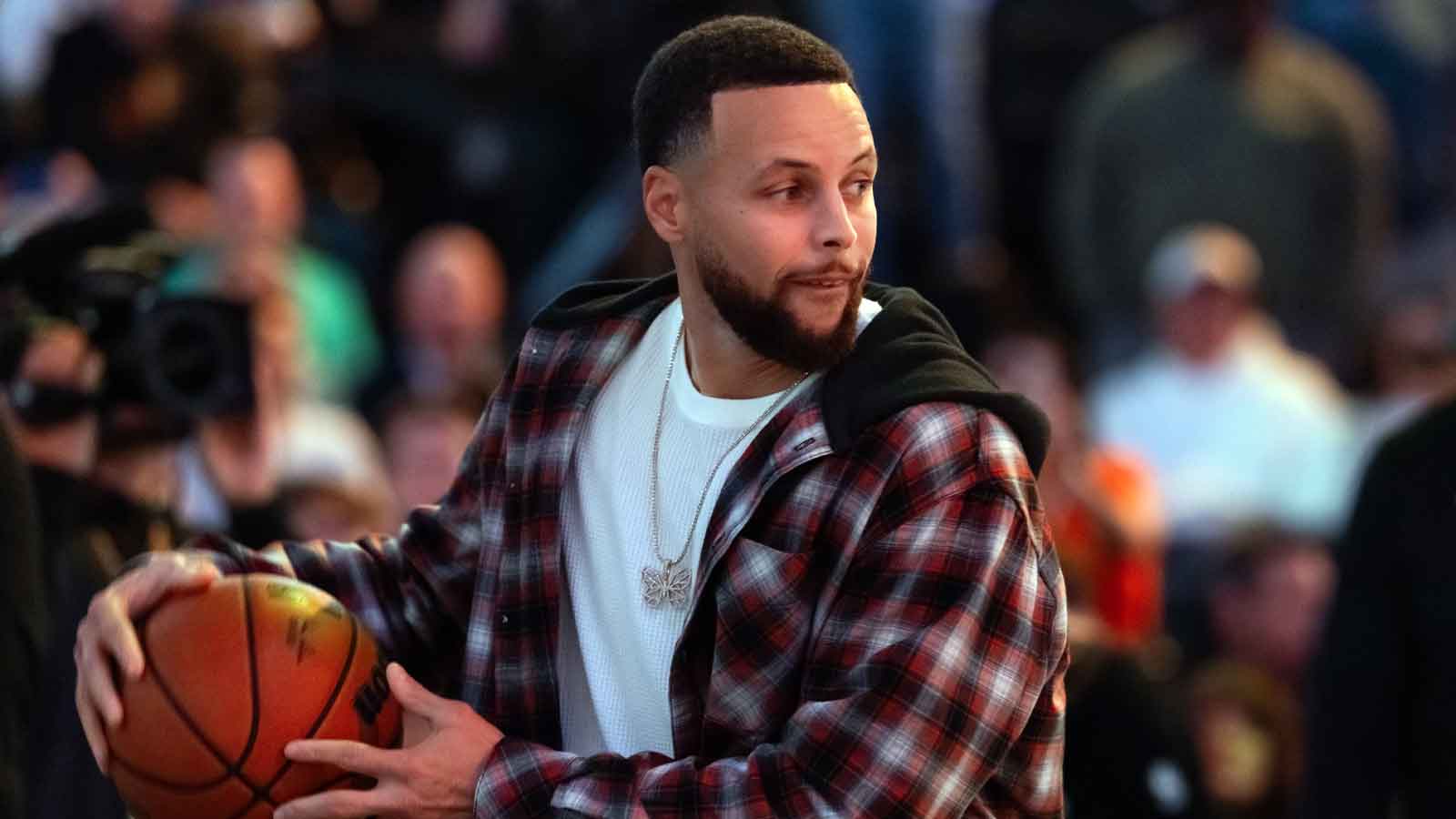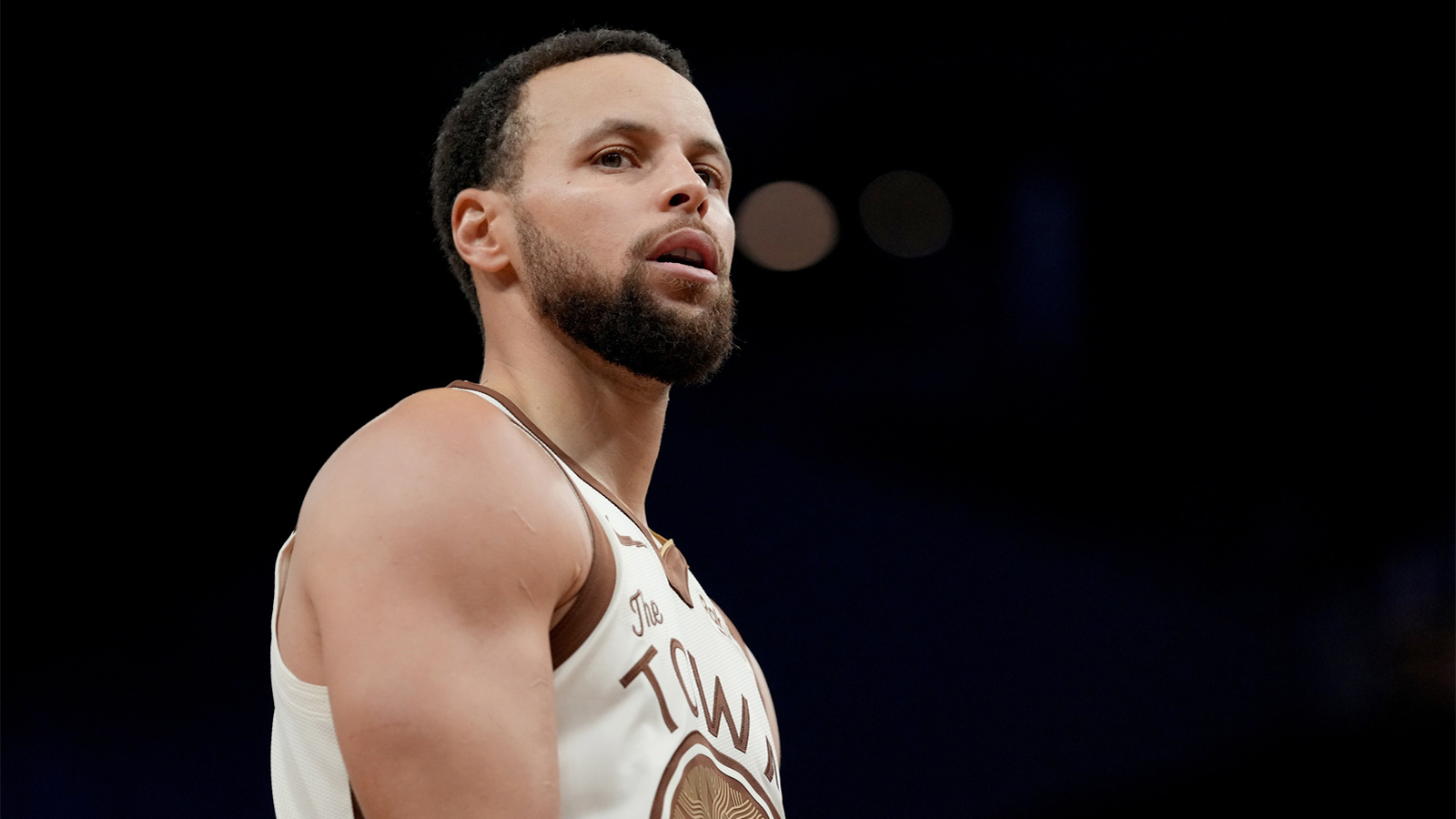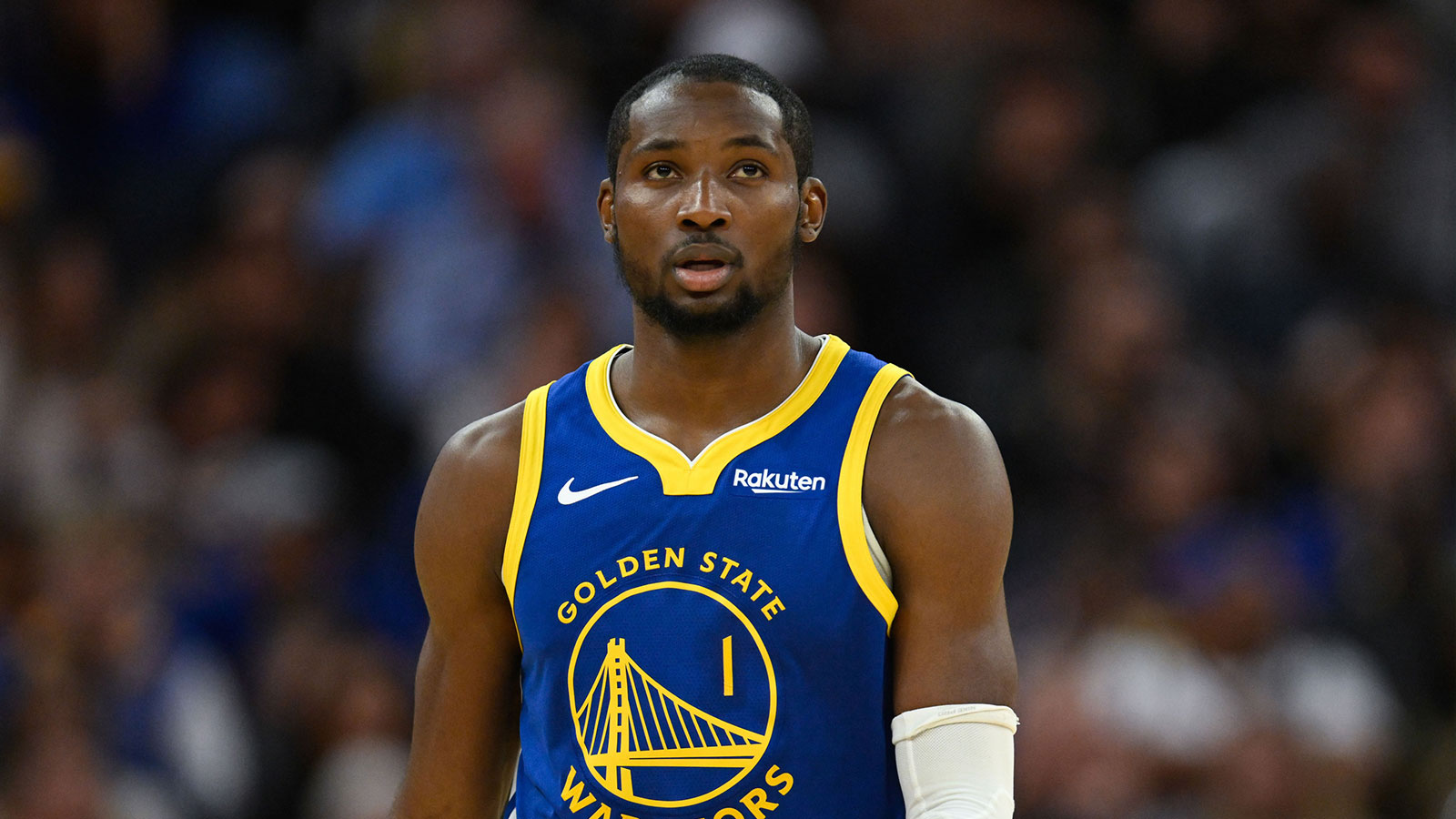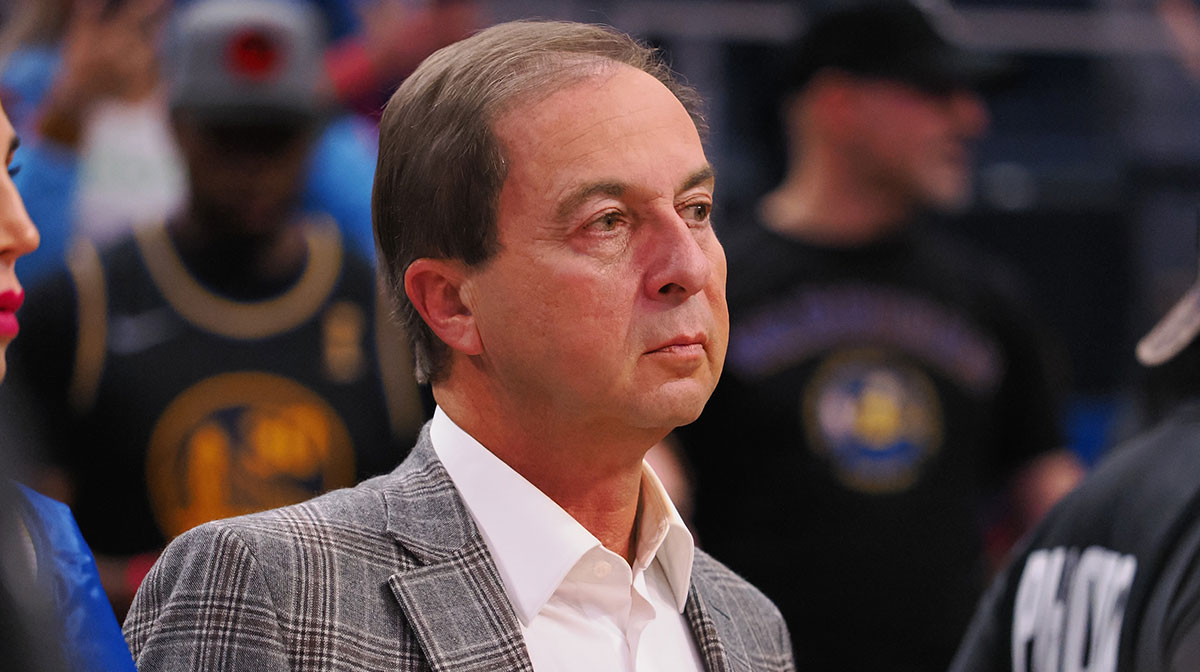First things first: Chris Paul will primarily come off the bench with the Golden State Warriors in 2023-24.
Steve Kerr might downsize his starting lineup against certain opponents, inserting Paul for Kevon Looney like he did with Jordan Poole last season. Steph Curry and Klay Thompson certainly won't play 82 games, either, and Golden State's best allocation of roster resources involves separating most of their planned rest days from Paul's. The Point God is a shoo-in starter if the Splash Brothers or Andrew Wiggins are sidelined by injury, too.
But just because Paul will function as Golden State's de facto sixth starter hardly means he's en route for postseason hardware, like ESPN's panel of experts predicts. Here are three reasons why Paul won't win Sixth Man of the Year with the Warriors in 2023-24.
Likely minutes and games restrictions
Paul, 38, will be the third-oldest player in the league this season behind LeBron James and P.J. Tucker. He has a long history of muscle injuries dating back to his LA Clippers heyday, most recently reflected in a groin strain that limited him to just two opening games in the Phoenix Suns' second-round loss to the Denver Nuggets—a reminder of how fragile Paul's playoff existence has beesn over the back half of his career.
Paul met with revered Golden State head trainer Rick Celebrini at Las Vegas Summer League, a necessary introduction before the team's medical staff develops individual, season-long load management plans for its quartet of thirtysomething stars. Expect the Warriors to take an ultra-cautious approach to Paul's health during the regular season, keeping him out of back-to-backs and his minutes relatively low game-by-game.
Player and team have nothing more to prove over the 82-game grind; the playoffs are all that matter for Paul and the Dubs now. While that reality hopefully gives Paul the best chance possible to enter and survive the postseason without injury, it's also the biggest likely obstacle to the future Hall-of-Famer playing enough games and minutes to be a frontline contender for Sixth Man of the Year.
Lagging per-game numbers
Prioritizing Paul's health and availability for the postseason will inevitably deflate his per-game production.
He averaged a career-low 21.2 points per 100 possessions last season, a number always bound to come down further with the Dubs given their dire need for another reliable table-setter over additional scoring punch. Paul figures to captain Golden State's second unit, spamming pick-and-roll as much as any player during the Kerr era, but his usage will also take a hit in an overall offensive system still predicated on ball and player movement.
Maintaining his rate production from last 2022-23, Paul would average 10.8 points and 7.0 assists if he played 25 minutes per game this season. Would that level of statistical production, or one slightly below, make him a worthy Sixth Man of the Year in the eyes of voters? History suggests not.
No winner of the award in the last 10 seasons has averaged fewer points per game than Jamal Crawford's 14.2 in 2016. Lou Williams' 5.4 assists per game is a high-water mark among Sixth Man honorees over that timeframe, but there's no guaranteeing Paul will dole out more dimes than that. Sharing the floor with another ball-in-hand playmaker like Draymond Green, for instance, could keep Paul from putting up an assist rate approaching career norms. The same goes for Curry when he's manning the backcourt with Paul.
No major NBA award is decided by numbers more than Sixth Man of the Year. If Paul's dip down too far under reduced minutes and a more egalitarian offensive system, voters could look right past him regardless of his potential all-encompassing influence on Golden State.
Total impact over raw production
Andre Iguodala was the clear-cut most valuable reserve in basketball from 2014-15 to 2018-19. The Warriors out-scored opponents whenever he was on the floor, and more importantly, his two-way versatility was instrumental to the sustained dominance of small-ball units that Kerr always leaned on extra hard in big games and the playoffs. Iguodala has a case as the best wing defender of his generation, but his Hall-of-Fame resumé rests on his status as the indispensable sixth starter for a league-defining dynasty.
How many Sixth Man of the Year awards does Iguodala have to show for it? None. He finished second behind Crawford in 2015-16 and was runner-up to Eric Gordon the following season, voters fooled by forgettable per-game production that belied his extreme importance to the winningest team in the NBA.
An ideal scenario for Golden State in 2023-24 would be Paul's Sixth Man case falling victim to that same ignorance.
Maybe bringing in Paul finally yields the positive net rating that's long eluded the Dubs when Curry sits. His ability to avoid turnovers and protect the ball could have a cascading effect on the Warriors, curbing their seemingly unavoidable penchant for miscues. Paul's lack of size and lateral movement will make him a target for opposing ball handlers, but his communication and guile might help Golden State get by defensively in crunch-time by going small.
Perhaps the offseason work he's put in on his jumper turns Paul into a high-volume, deadly accurate spot-up shooter from deep. He could accelerate Jonathan Kuminga's development by the pair developing a dangerous two-man game that serves as the fulcrum of the Dubs' second-unit offense.
There really is a chance those positives come to pass this season, Paul emerging as the best bench player in the league. But that possibility, unfortunately, wouldn't ensure voters understand the true gravity of Paul's presence in the Bay—just ask Iguodala.

